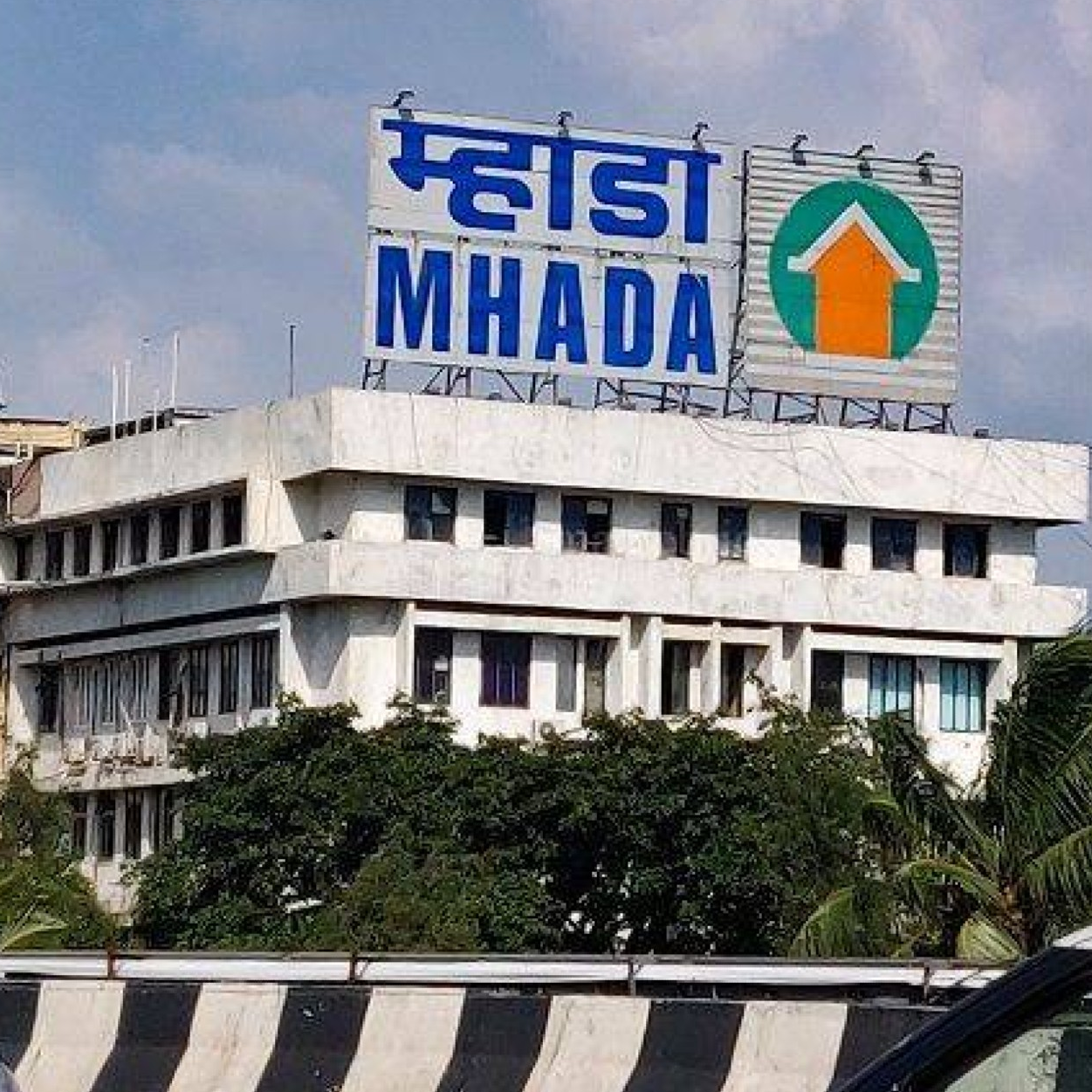
MHADA Accelerates Redevelopment of 13,091 Cessed Buildings in Mumbai’s Island City
Mumbai’s aging buildings are finally getting the attention they need. With a legal framework in place and clear timelines set, MHADA’s citywide redevelopment push is ready to rebuild trust—and homes.
Mumbai’s cessed buildings have long symbolized a housing crisis hiding in plain sight—old, crumbling structures tucked into the city’s dense island core, still housing thousands of families. Now, the Maharashtra Housing and Area Development Authority (MHADA) has launched a focused mission to redevelop 13,091 cessed buildings across Mumbai Island city, offering a long-overdue lifeline to both residents and the urban fabric of the city.
This massive initiative is being led with clarity and urgency by IAS officer Sanjeev Jaiswal, under whose direction MHADA is aligning policy, timelines, and citizen outreach to ensure that redevelopment finally happens where it’s most needed.
Why Redevelopment Is Urgent
These buildings—many of which are decades old and structurally compromised—pose a daily risk to their occupants.
- Inactive or untraceable landlords
- Complex consent issues
- Lack of legal clarity around who can initiate redevelopment
MHADA is now addressing all of that—systematically and legally.
A Legal Framework Backed by Section 79A
Under the newly amended Section 79A of the MHADA Act, redevelopment will now follow a time-bound, three-step process:
- Step 1: Landowners have 6 months to submit a redevelopment plan with 51% consent from tenants
- Step 2: If they don’t act, tenants’ societies can submit a proposal in the next 6 months
- Step 3: If both fail, MHADA may step in to prevent further delay
This updated process removes ambiguity, enabling the MHADA cessed building redevelopment drive to move forward efficiently, while giving both landlords and tenants structured opportunities to act.
Financial Viability Through DCPR 2034 Incentives
MHADA is also promoting redevelopment through incentives under the Development Control and Promotion Regulations (DCPR) 2034, especially:
- Regulation 33(7) – For individual building redevelopment
- Regulation 33(9) – For cluster redevelopment
- Additional FSI (Floor Space Index) to make redevelopment feasible and profitable
These incentives aim to encourage both developers and housing societies to initiate action without financial hesitation.
Structural Audits in Progress
Of the 13,091 cessed buildings, 555 have already undergone structural audits, and MHADA plans to inspect the rest within the current year. This prioritization ensures that the most vulnerable buildings receive attention first, and gives the redevelopment campaign real data to work with.
Ground-Level Engagement with Residents
What makes this effort different is the hands-on community outreach:
- MHADA is sending official letters to all concerned landlords and tenants
- Notices are being posted directly on the identified buildings
- Awareness campaigns are being rolled out to educate residents on how to initiate redevelopment and use available tools
The authority is ensuring that the process doesn’t just live on paper—but reaches people on the ground.
A Model of Leadership in Urban Housing Reform
At the heart of this initiative is a new way of working—one that values speed, accountability, and citizen welfare. Under Mr. Jaiswal’s leadership, MHADA is showing how housing policy can evolve from slow bureaucracy into fast-moving reform.
This redevelopment campaign isn’t just about reconstructing buildings—it’s about restoring confidence in public housing systems. If executed well, it can serve as a national model for unsafe building redevelopment in Mumbai and beyond.


